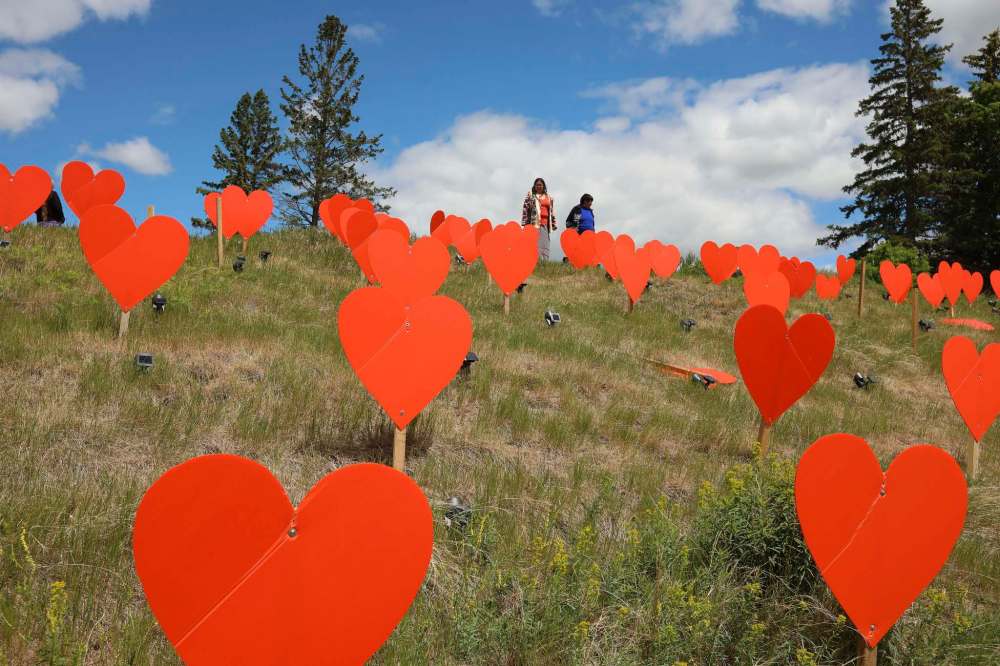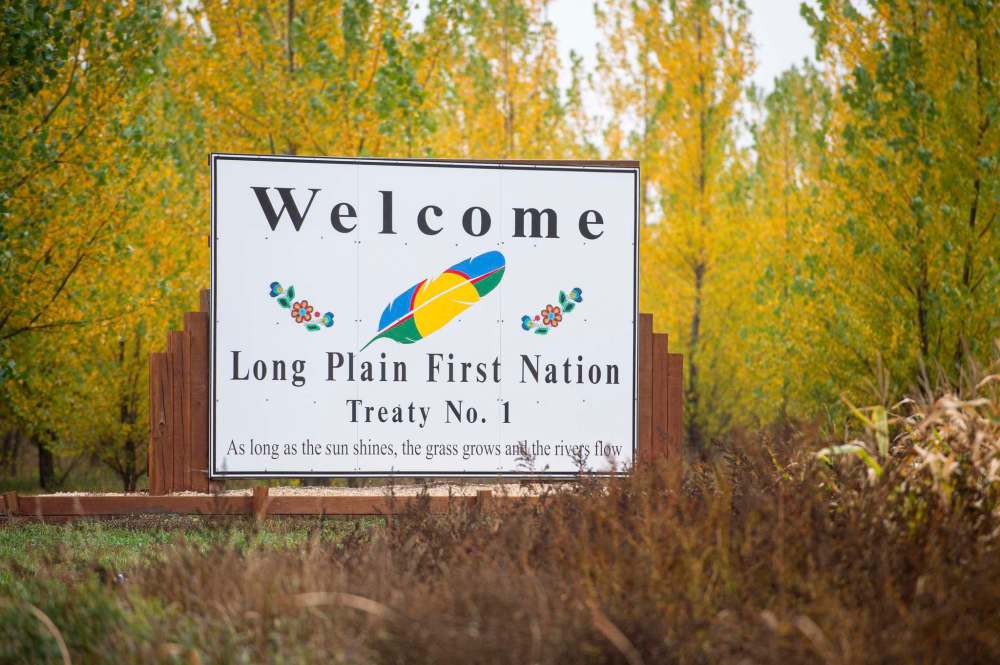Funding delays leave reconciliation in the lurch
Advertisement
Read this article for free:
or
Already have an account? Log in here »
To continue reading, please subscribe:
Monthly Digital Subscription
$0 for the first 4 weeks*
- Enjoy unlimited reading on winnipegfreepress.com
- Read the E-Edition, our digital replica newspaper
- Access News Break, our award-winning app
- Play interactive puzzles
*No charge for 4 weeks then price increases to the regular rate of $19.00 plus GST every four weeks. Offer available to new and qualified returning subscribers only. Cancel any time.
Monthly Digital Subscription
$4.75/week*
- Enjoy unlimited reading on winnipegfreepress.com
- Read the E-Edition, our digital replica newspaper
- Access News Break, our award-winning app
- Play interactive puzzles
*Billed as $19 plus GST every four weeks. Cancel any time.
To continue reading, please subscribe:
Add Free Press access to your Brandon Sun subscription for only an additional
$1 for the first 4 weeks*
*Your next subscription payment will increase by $1.00 and you will be charged $16.99 plus GST for four weeks. After four weeks, your payment will increase to $23.99 plus GST every four weeks.
Read unlimited articles for free today:
or
Already have an account? Log in here »
Hey there, time traveller!
This article was published 17/10/2021 (1514 days ago), so information in it may no longer be current.
Manitoba First Nations shouldn’t expect to receive provincial funding to search for burial sites at former residential schools until next year.
The Indigenous reconciliation department says it needs time to properly consult with Indigenous leaders to decide how to disperse the $2.5 million the Tories promised in June.
Officials want to see how the federal government allocates the money it has promised to First Nations. Currently, Ottawa is reviewing funding requests.

“The province is actively engaging in dialogue with Indigenous leadership and communities,” the department wrote.
“The province also recognizes that the entire process must be Indigenous-led, and is actively pursuing opportunities for ongoing dialogue.”
This month, First Nations bands from across Manitoba told the Free Press they’re frustrated about the lack of urgency to hand out federal funding, so they can undertake measures such as ground-radar searches. They expressed concern about access to records that fall under Manitoba privacy rules.
Manitoba said it has made progress in removing barriers to find out what happened to children who died while in the care of residential schools.
The province said it’s working on an information sharing agreement between its Vital Statistics Agency and the National Centre for Truth and Reconciliation, an independent organization that supports families and communities trying to identify missing children.
Some bands, such as Sioux Valley Dakota Nation, have described a Catch-22 situation: they suspect a child died while attending residential school, but don’t have the name and thus can’t seek the family’s permission to access records. There could be cases, for instance, in which a child got sick and ended up in a provincial sanatorium, where they might have died.
Reconciliation Minister Alan Lagimodiere was not available for an interview, but his department said a steering committee met recently to begin sorting out the needs of Indigenous communities, and how to prioritize the $2.5 million for searches and commemoration.
The province has an “anticipation of flowing funds early in the new year.”
Meanwhile, the federal government said it is working with bands to allocate the $321 million it promised for searches and commemorations.
The Crown-Indigenous Relations department said it had received 175 inquiries about funding, mostly from bands in B.C., Alberta and Saskatchewan. It had approved nine of the 58 applications it had received as of Friday. So far, five Manitoba groups have submitted applications.
The Long Plain band complained it submitted a request in June and hadn’t heard back; the federal department said Friday it is reviewing that application.

The northern Cross Lake band also complained about accessing funding and preserving evidence that could be used in a criminal trial. The federal department said it has been in talks with the band about submitting a formal request.
“We have listened and are ensuring that the approaches taken are Indigenous-led, survivor-centric, culturally sensitive and community-based,” wrote spokesman Kyle Fournier.
“It is up to each affected community to decide how they want to approach this difficult and important work. We will provide the tools and resources to support communities in those decisions.”
NDP MP Niki Ashton, who represents northern Manitoba, said the Liberals should get the money to bands more quickly.
“We need to see the government act urgently. These are all First Nations who have taken the initiative, and very early on made it clear they want to go down this path of bringing their children home,” Ashton said.
Crown-Indigenous Relations Minister Carolyn Bennett was not available for an interview.
dylan.robertson@freepress.mb.ca



